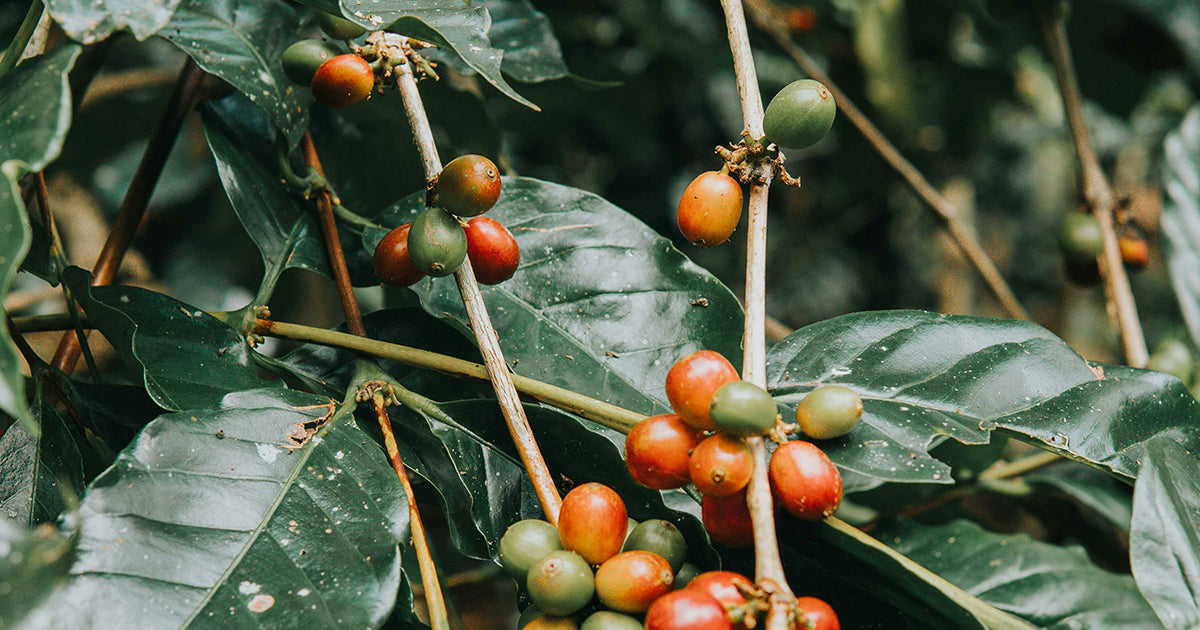Where does coffee come from? First part

Coffee is a beloved beverage worldwide, but where does it actually come from? Discover the fascinating history of this ancient drink, its impact on global trade, and the challenges related to its production and consumption.

Cultural Origins
Coffee has a captivating history that dates back nearly 1200 years in Ethiopia. According to legend, the origin of coffee can be traced back to an Ethiopian shepherd named Kaldi. It is said that Kaldi noticed his goats becoming energized after consuming berries from an unknown shrub while grazing in the mountains. Intrigued, Kaldi decided to taste the berries himself and discovered their ability to stimulate and revitalize those who consume them. Thus, he made the discovery of coffee's red cherries. This discovery would change the course of history.
Before being widely cultivated worldwide to meet the growing demand of consumers, coffee had a rather negative reputation. It was considered a product of colonialism. However, in the past century and thanks to the industrial revolution, the global coffee trade has undergone significant developments, making it one of the most consumed beverages on the planet today.

Consumption Habits
People often appreciate coffee for its stimulating properties and unique taste. Coffee consumption habits vary from one culture to another. In some countries, coffee is consumed in a traditional manner, such as in Ethiopia where it is prepared during special ceremonies. In other regions, it has become an indispensable daily beverage. In Quebec, for example, Quebecers enjoy their coffee at any time of the day. Whether it's for breakfast, a coffee break at work, or after a meal, coffee is an integral part of daily life.

Industry Challenges
The coffee industry faces numerous challenges, particularly in terms of ethics and transparency. In the early 21st century, producers, roasters, and all stakeholders in this industry had to deal with the effects of climate change on crops and price fluctuations. They also had to meet the expectations of increasingly informed consumers who are concerned about the quality and origin of the coffee they consume.
Despite these challenges, the coffee industry continues to progress and adapt. Producers are implementing sustainable practices to preserve the environment and local communities. Roasters strive to offer high-quality coffees while supporting local producers. Consumers, on the other hand, have an essential role to play by making informed choices and supporting responsible initiatives.
In a world where coffee has become more than just a beverage, it is important to understand its history, cultural origins, and the challenges of its industry. Coffee offers us moments of happiness and relaxation, but it is also at the heart of many social and environmental concerns. As we enjoy our cup of coffee, let us remember the history that lies behind each bean.